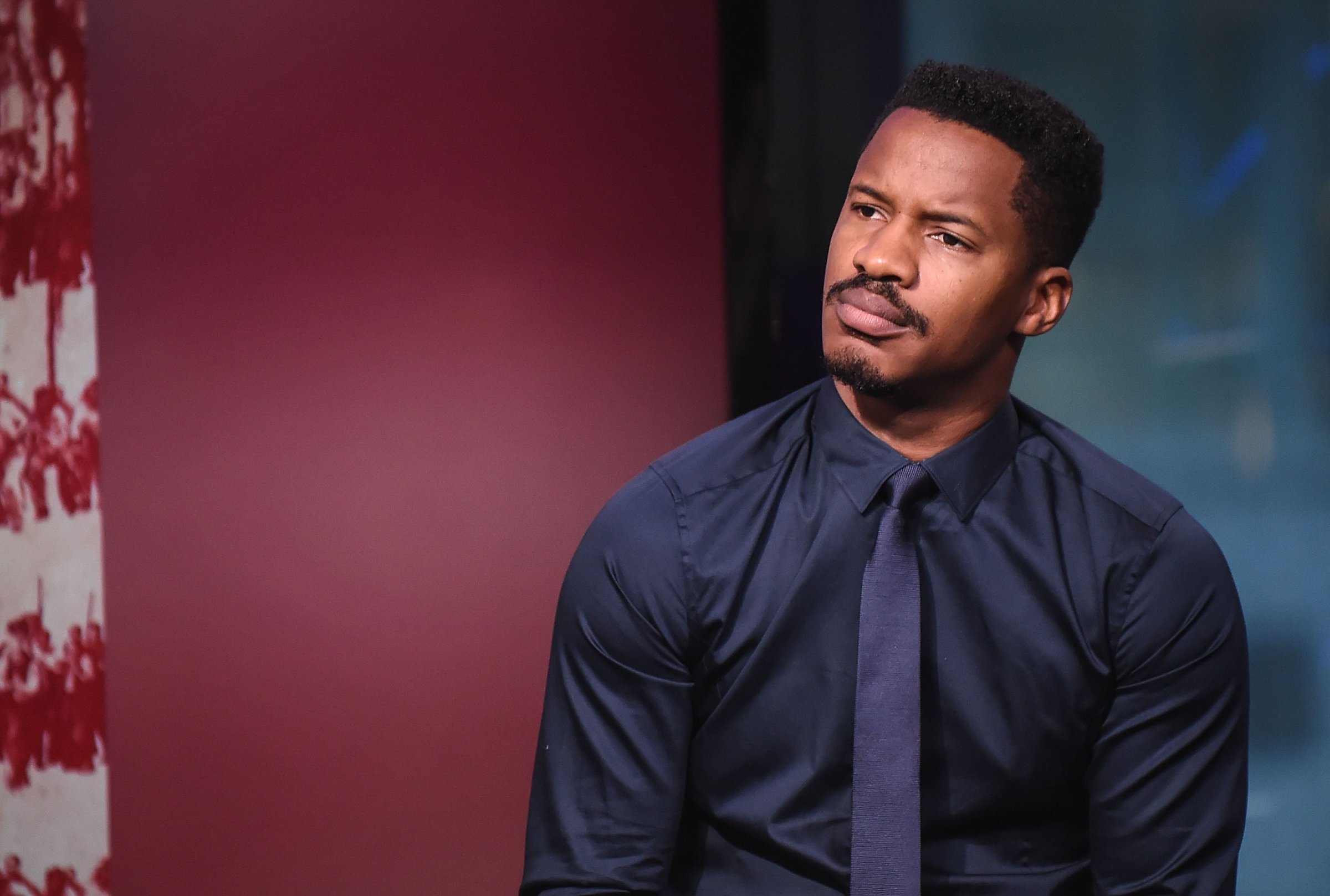
Filmmaker and actor Nate Parker has criticized media coverage of his 1999 rape trial and acquittal, the details of which recently resurfaced and embroiled his new historical drama The Birth of a Nation in controversy.
In an excerpt from an interview airing Wednesday on The Steve Harvey Show, Parker, 36, says he has spent the past month “watching the ticker of headlines, salacious headlines, asking myself, ‘What are these journalists trying to do? Do they care about anyone involved? Do they care about what we’ve been talking about?’ I think it’s been a tragedy on so many levels.”
He adds, “I’ve had to ask myself, ‘These headlines, are we in the business of headlines or are we in the business of healing?’ Because I’m trying to do the work. I’m trying to figure out how to navigate this space that I’m walking through as an artist who was falsely accused, vindicated [in the] judicial system.”
Parker and The Birth of a Nation — which centers on the slave rebellion led by Nat Turner in 1831 — had been anointed as surefire awards-season contenders earlier this year, after the film wowed audiences at Sundance and sold to Fox Searchlight for a record $17.5 million.
But as the film approaches its Oct. 7 release, news reports have delved into Parker’s past and raised questions about whether it’s possible, or appropriate, to separate a film from its maker.
In 1999, Parker and Penn State roommate Jean Celestin (who has a story credit on Birth of a Nation) were charged with raping a fellow student while she was unconscious after a night of drinking. Parker was acquitted; Celestin was convicted, but the verdict was later overturned because he received an ineffective defense. Celestin did not receive a new trial.
Last month Variety broke the news that Parker and Celestin’s accuser died by suicide in 2012. Parker expressed “profound sorrow” upon learning of her death but has faced continued questions and criticisms regarding his past actions and his handling of the present controversy, including his refusal to apologize.
In the Steve Harvey excerpt, Parker says he is trying to channel the controversy into a meaningful discussion about sexual assault.
“I can get upset with the media and be mad or I can say, ‘What can come out of this and be productive?’” he says. “One thing the media did by this thing resurfacing, in my opinion, we need to talk about something that is epidemic in America, that no one’s talking about. And if my film or if this moment has to be something that puts our eyes or the spotlight on it, then so be it.”
Watch an excerpt from Parker’s interview above.
More Must-Reads from TIME
- Donald Trump Is TIME's 2024 Person of the Year
- Why We Chose Trump as Person of the Year
- Is Intermittent Fasting Good or Bad for You?
- The 100 Must-Read Books of 2024
- The 20 Best Christmas TV Episodes
- Column: If Optimism Feels Ridiculous Now, Try Hope
- The Future of Climate Action Is Trade Policy
- Merle Bombardieri Is Helping People Make the Baby Decision
Contact us at letters@time.com